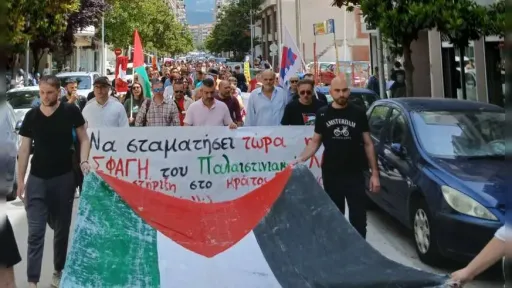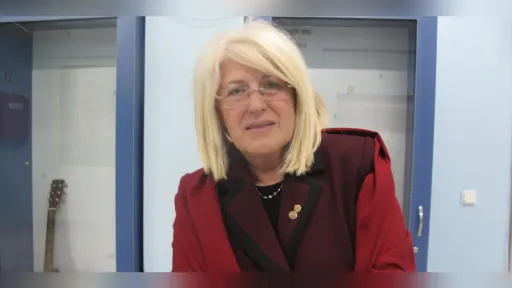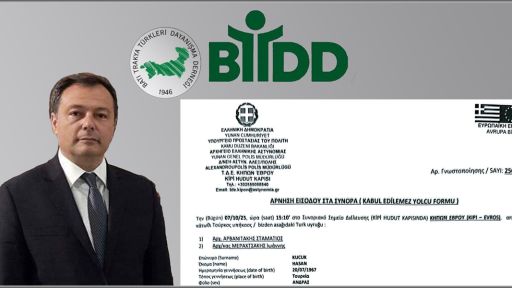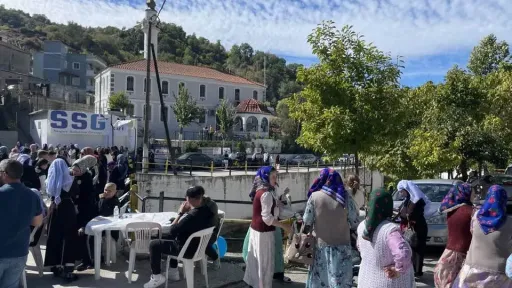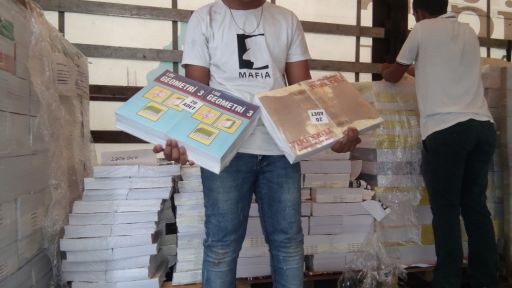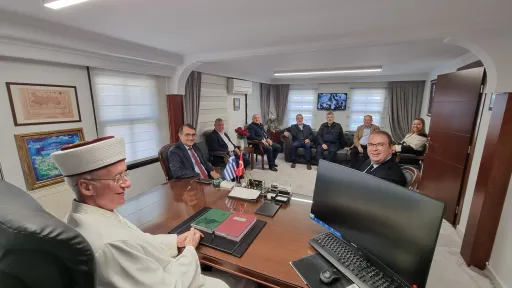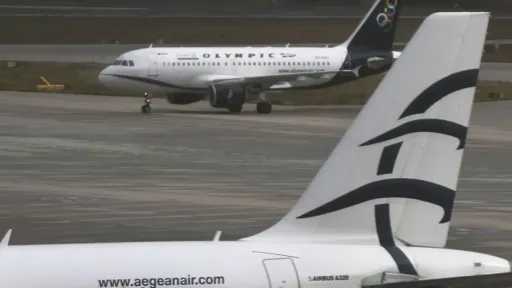WTMUGA: "We demand the improvement of minority education"

Western Thrace Minority University Graduates Association (WTMUGA), in a statement issued on the occasion of "International Mother Language Day", addressed the problems of minority education and demanded the improvement of minority education.
"As the Muslim Turkish Minority of Western Thrace, we demand the support of our Minority schools and the improvement of education. Minority schools in Western Thrace fulfil a vital function for the Muslim Turkish Minority to protect and maintain its identity. We, as a minority, should realise the importance of these schools, where our own language is taught, in terms of maintaining our existence as a minority community."
The statement of WTMUWTD is as follows:
"Today is 21 February. World Mother Language Day. Perhaps there are days corresponding to every single day of the year. Mother Language Day is one of these days; a day that is lost among other special days that many people are not aware of, World Mother Language Day.
If we talk about the history of World Mother Language Day, it was announced by UNESCO on 17 November 1999 as 21 February. The original name of World Mother Language Day is Mother Language Movement Day. This day was celebrated as the anniversary of the killing of Bangladeshi university students who clashed with Bangladeshi police for the Bengali Language Movement. World Mother Language Day is celebrated every year by UNESCO member states. Its proponents also advocate multilingualism.
If we make a definition of mother tongue, the language used and understood by ethnic and national communities in all their relations and activities is the mother tongue of that community. In a broader definition, the language that a person learns through his/her family, environment and society without being subjected to any education is defined as the mother tongue.
The mother tongue is the language of communication that is initially heard from the mother, that is, the language of communication established through the umbilical cord; then it is the language that is learnt from the close environment and then from the social environment, that goes down to the subconscious of the human being and that the individual establishes the strongest ties with a society. The individual thinks, perceives and interprets everything in the first language he/she learnt. Even if the second and third languages learnt later, other than the mother tongue, enable communication with those languages, they can never be like one's own mother tongue.
Children whose mother tongue is different from their mother tongue face major problems in terms of access to education, attendance and success in education. A child who speaks and learns in his/her mother tongue, the language spoken by his/her parents and his/her environment from the day he/she is born, flounders and is traumatised when he/she encounters another language whose borders he/she cannot master from the moment he/she starts school; this is what millions of children experience.
The seven-year-old child is in the period of concrete communication, perceives and learns what appears concrete. Language is a set of abstract systems. The current education system advocates and implements monist education. In today's system, which is far from modern, scientific and democratic education, the seven-year-old child who starts school has perception problems in an environment where he/she cannot use his/her language and even his/her language is ignored, his/her culture, identity and belief is ignored. On the one hand, he tries to understand and perceive what the teacher tells him, and on the other hand, he has to make an effort to learn the alphabet, the symbolic language of education, reading and writing. This process brings with it faltering, insecurity, incompatibility, negative evaluation, alienation and failure. They experience situations that they cannot understand, perceive and speak, they have emotional difficulties, they feel sad, and they experience motivation disappointment. The difficulty in this emotional area negatively affects his/her willingness to come to school, his/her sociality, and his/her relations with his/her friends.
Thinking and perception takes place in the mother tongue, and in cases where this is not developed and is prevented, there may be impediment in expression, inhibition of creativity, inability to express emotions for fear of mispronunciation, difficulty in reading fluently, alienation from the culture and language, rejection of identity, even shame, ignoring and denial of it. This situation may lead to permanent mental disorders. Development is a whole. Emotional and social deficiency damages development. A seven-year-old child cannot explain without understanding and cannot succeed, and when he/she fails, he/she feels worthless.
As it is clearly stated in the Convention on the Rights of the Child, education in one's mother tongue is one of the most fundamental human rights and preventing individuals from receiving education in their mother tongue is recognised as one of the greatest human rights violations. As the Muslim Turkish Minority of Western Thrace, we demand the support of our minority schools and the improvement of education. Minority schools in Western Thrace fulfil a vital function for the Muslim Turkish Minority to protect and maintain its identity. We, as a minority, should realise the importance of these schools, where our own language is taught, for our continued existence as a minority community.
According to UNESCO data, 2,500 languages in the world are in danger of extinction. If there are no children left to speak a language within a hundred years, that language is considered to be in danger, and if there are no children left speaking a language, that language is considered to be dead. Every language is a world. Let us not be a spectator to the death of our worlds. Let us keep languages and cultures alive with their beauty, let us not deprive the garden of humanity of its colours.
We are all born into a "beginning". Language, the first representation of the beginning, is the first to be learnt about the social through a process of acquisition. Language is what liberates us. Our ability to perceive and understand public life and the 'outside' begins with language.
May this Mother Language Day be a means of making the cries of millions of children whose mother tongue is different from the language of the country in which they live be heard."
